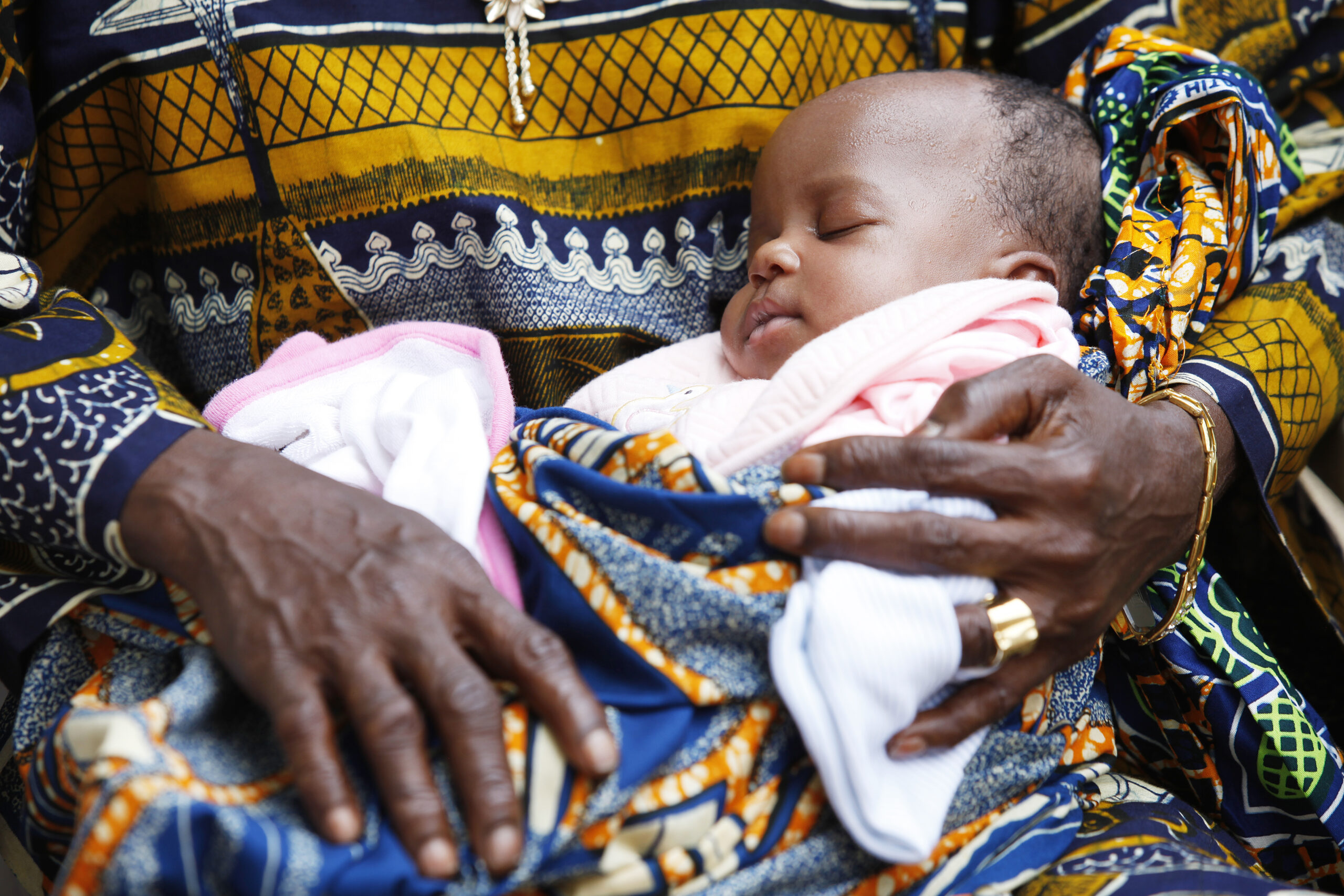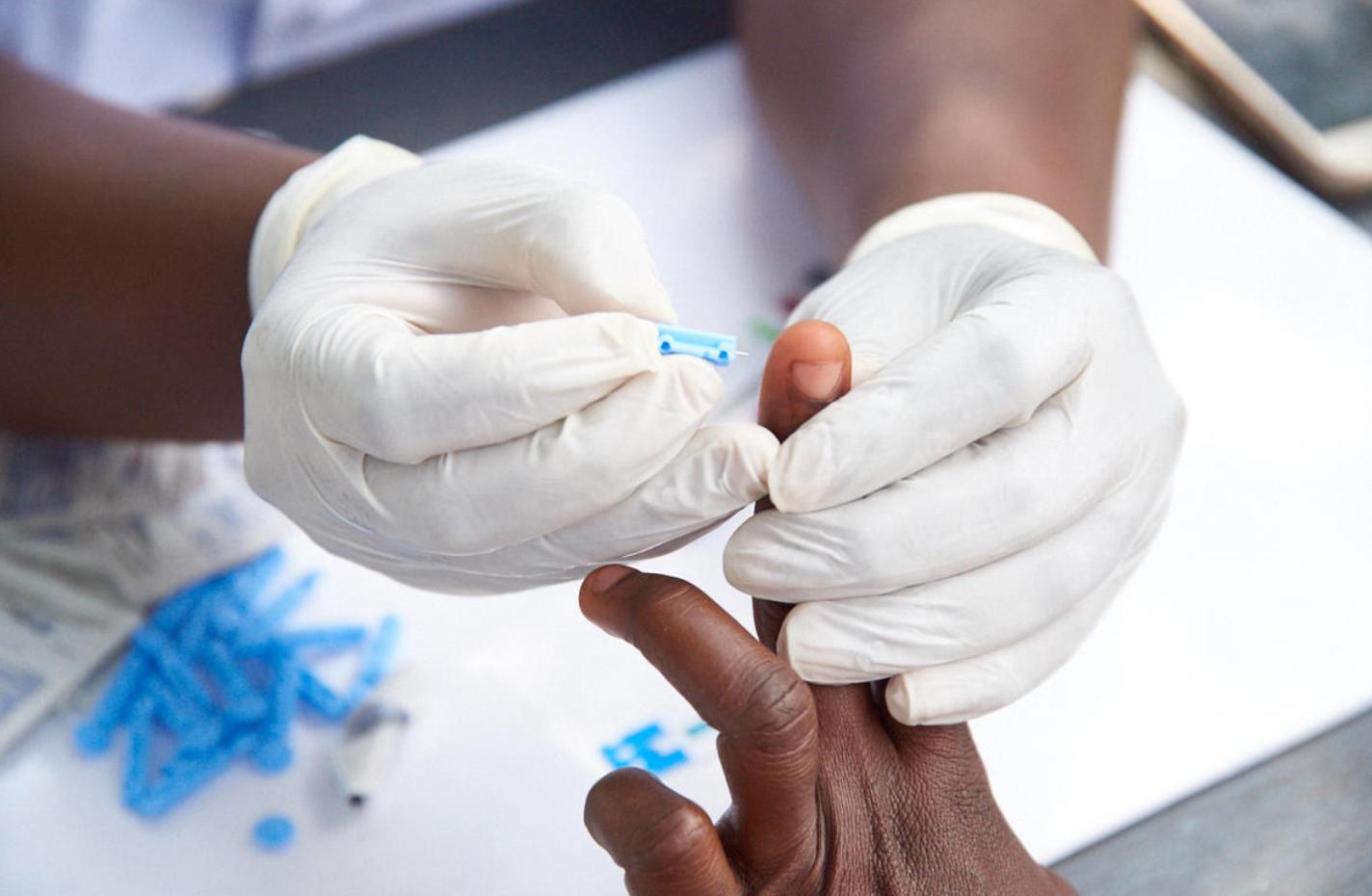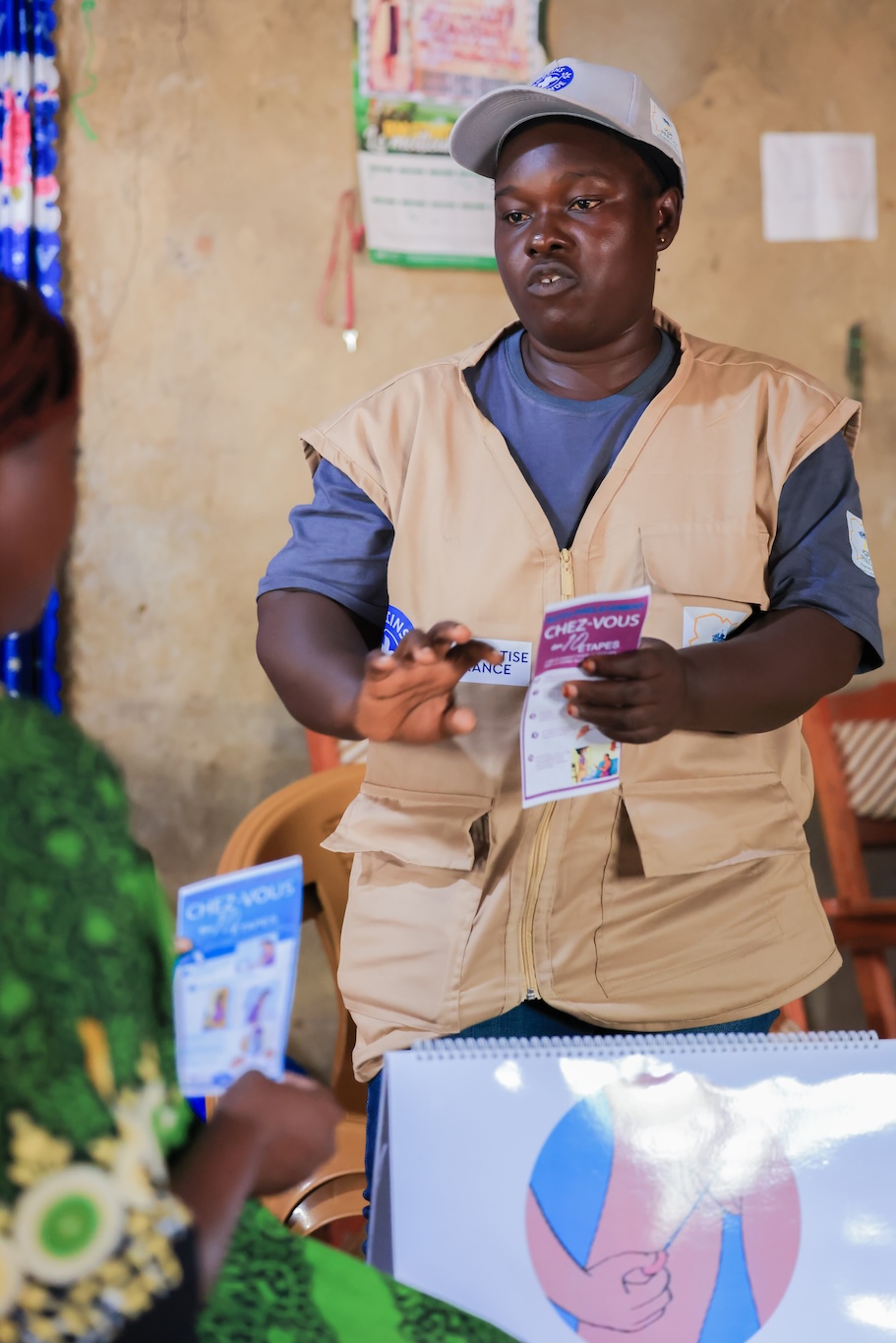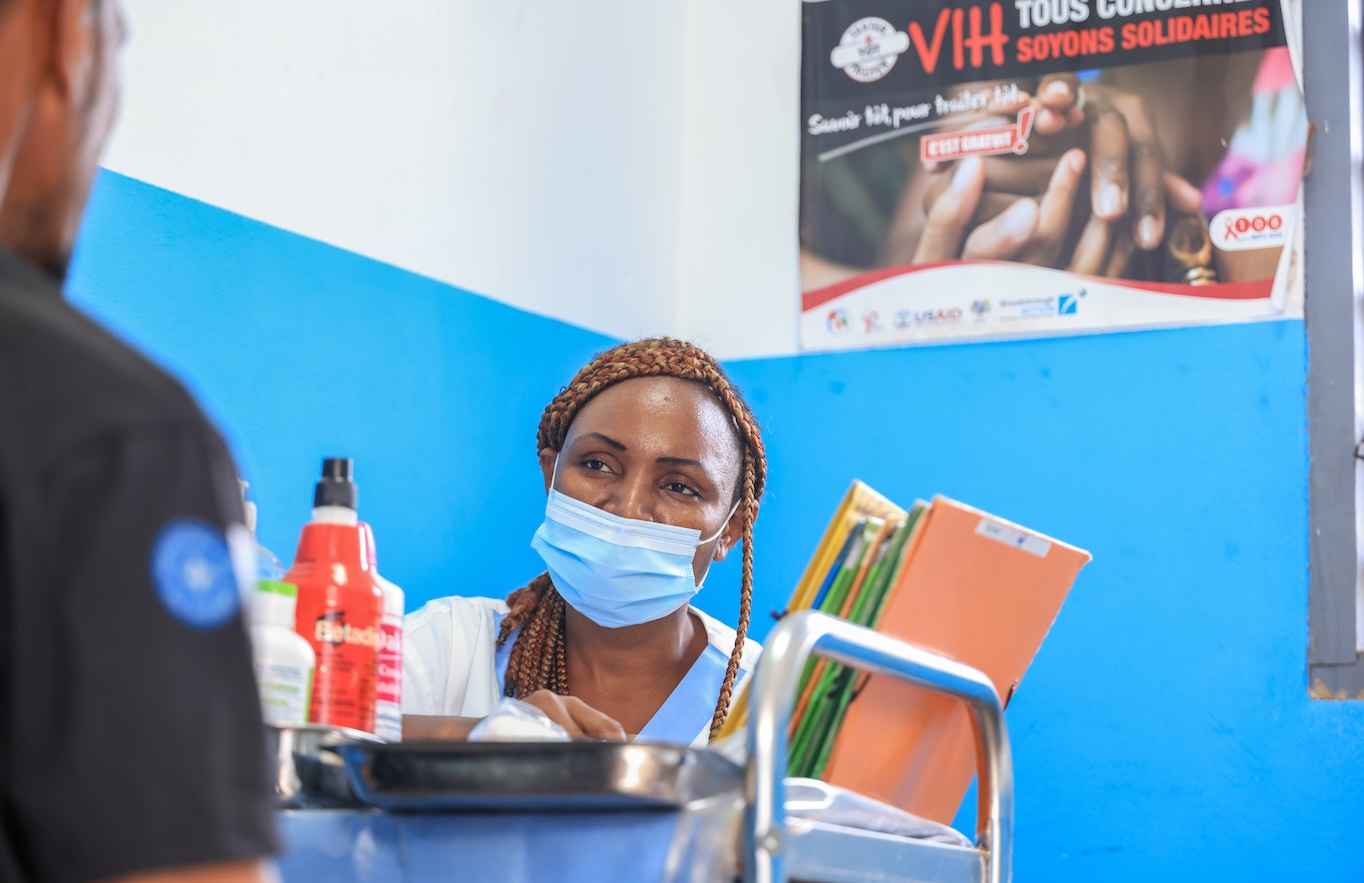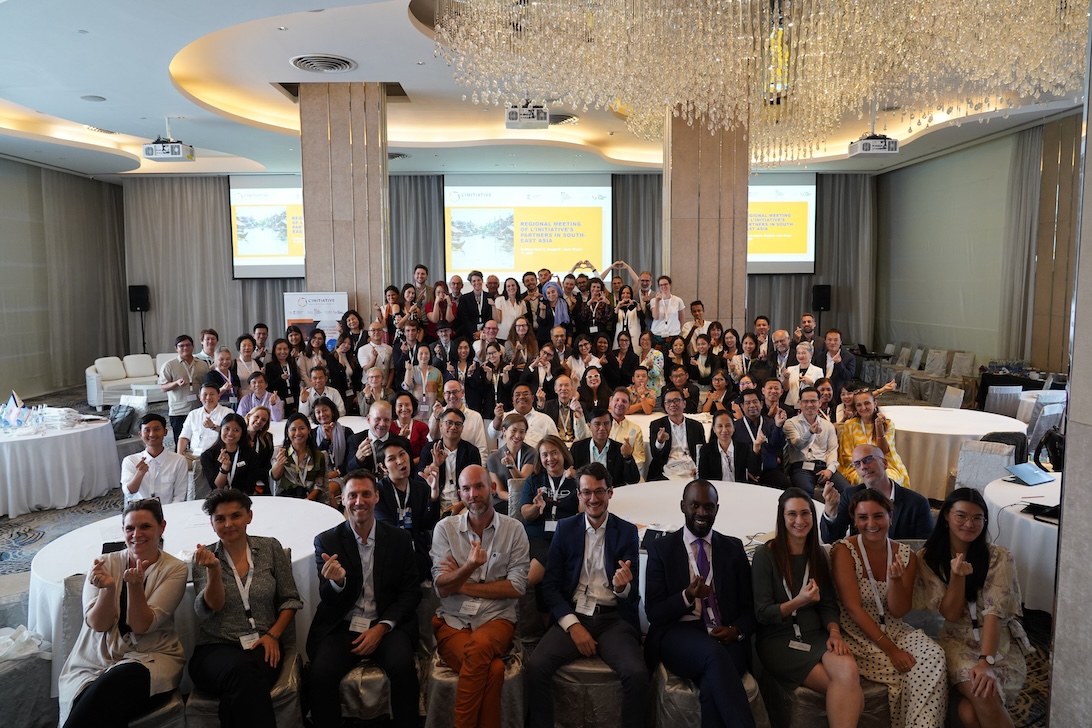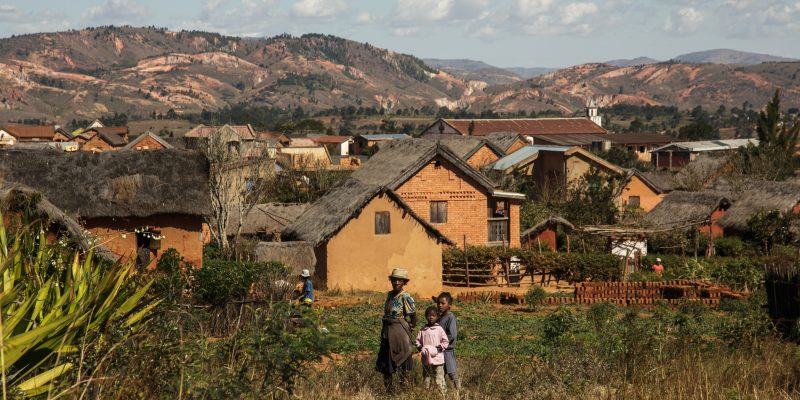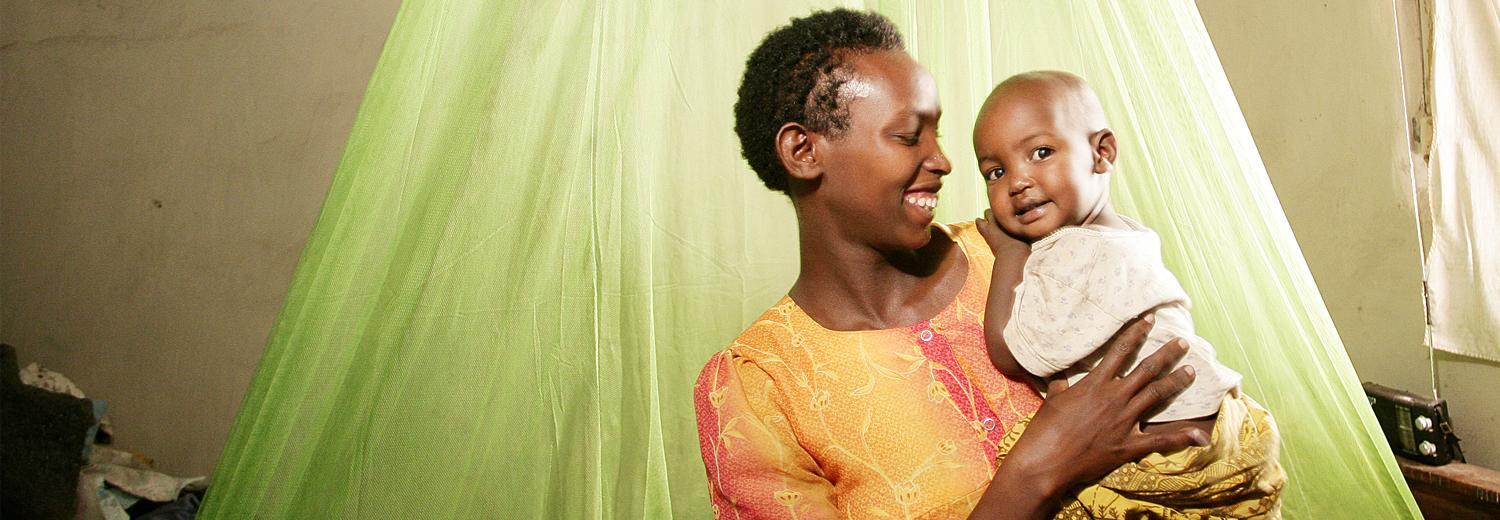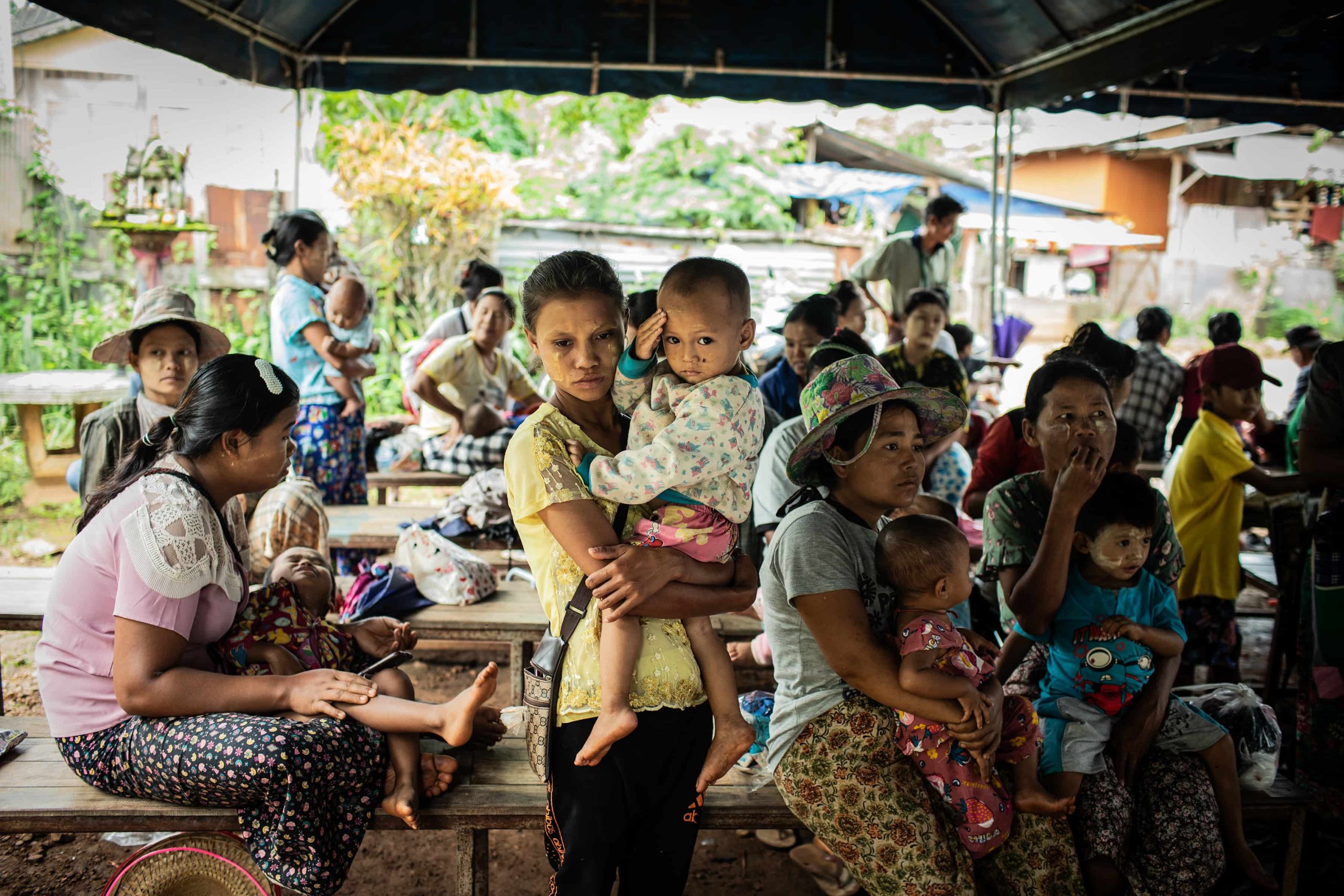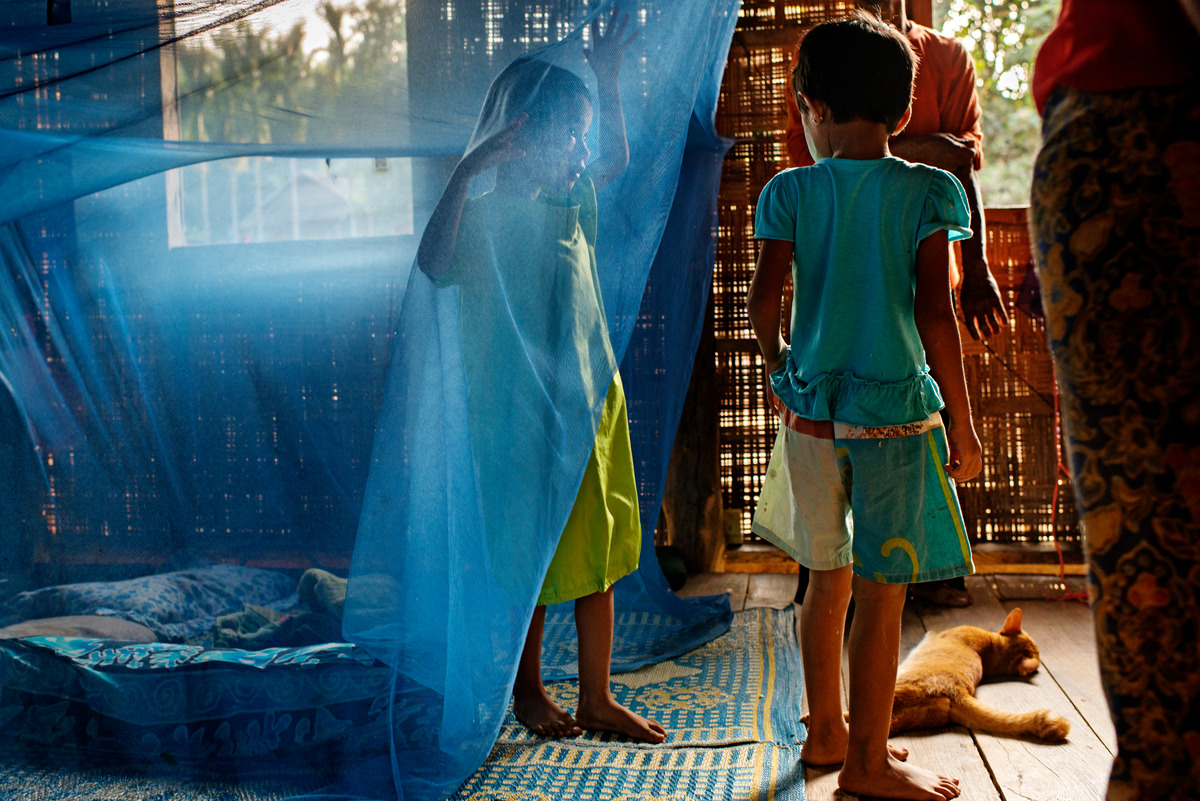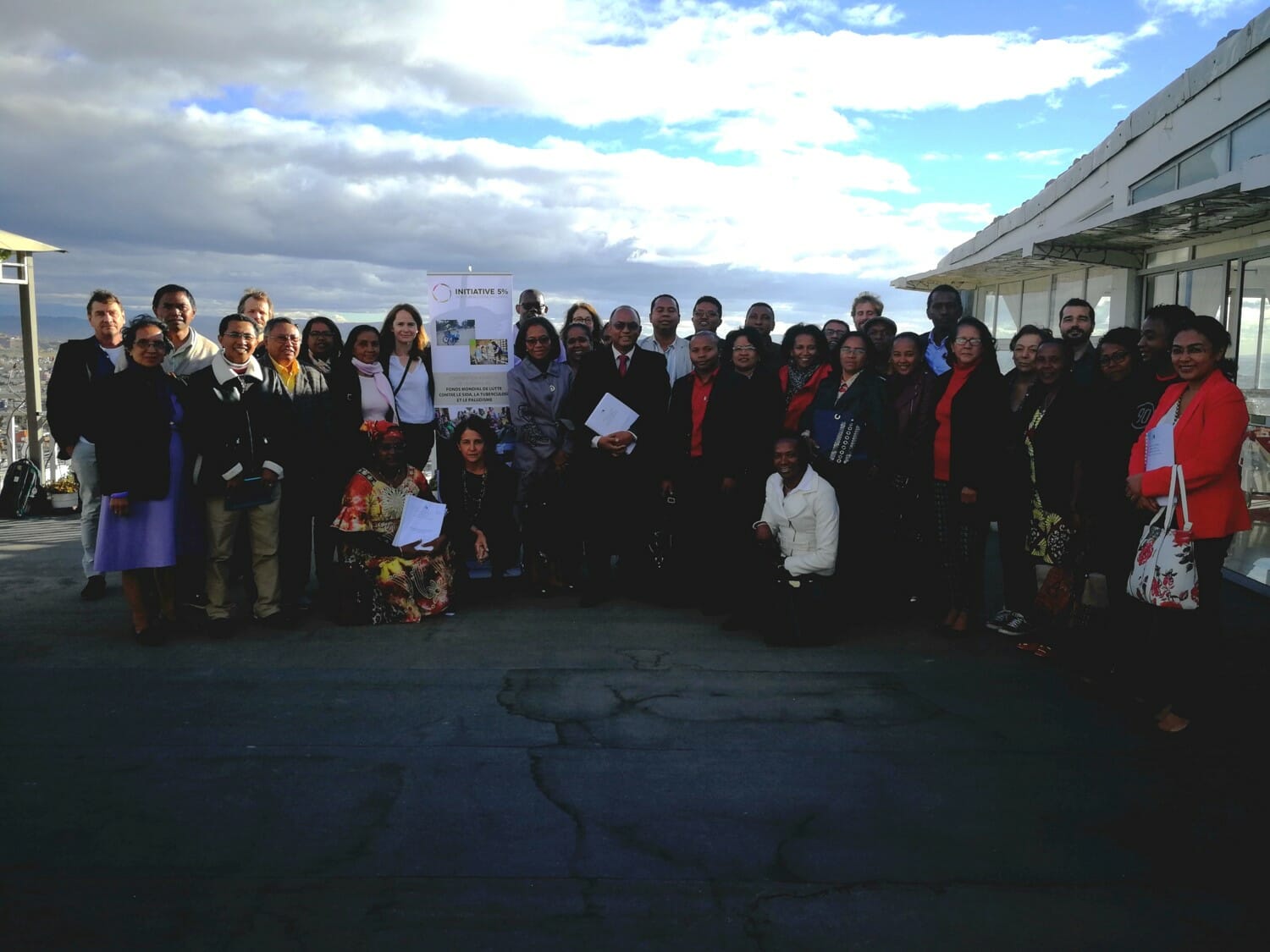World AIDS Day 2023
Over the 2020-2022 cycle, L’Initiative has committed itself through various projects and missions in the fight against HIV. Through these investments, it intends to respond to the trajectory of the global strategy to fight HIV, which aims to eradicate the virus by 2030. Access to testing and prevention, the fight against discrimination, psychosocial and economic support for people living with HIV, the provision of PrEP, treatments preventing the acquisition of the virus… L’Initiative acts on all fronts of the disease.
In 2023, the human immunodeficiency virus ( HIV) remains a major challenge for global public health. As we celebrate the 40th anniversary of the discovery of the AIDS virus at the Pasteur Institute in Paris, more than 39 million people are living with HIV.
In 2022, every minute, someone died of AIDS. In Africa, this virus is the leading cause of death among 10-19 year-olds, while young women – aged 15 to 24 – are at disproportionate risk of contracting it. Every week, 4,000 young women contract HIV worldwide.
The Initiative, a key player in the fight against HIV
Faced with this challenge, L’Initiative is committed to supporting programs that assist people living with HIV and vulnerable populations – children, adolescents, young people, homosexual men, etc. These investments particularly target improving screening and treatment of pediatric HIV, demedicalizing prevention and diagnostic approaches, responding to co-infections – particularly tuberculosis and human papillomavirus – and advocacy, prevention and care actions for key populations. The majority of projects are led by civil society actors, mainly NGOs. Over the period 2020-2022, L’Initiative has invested in particular:
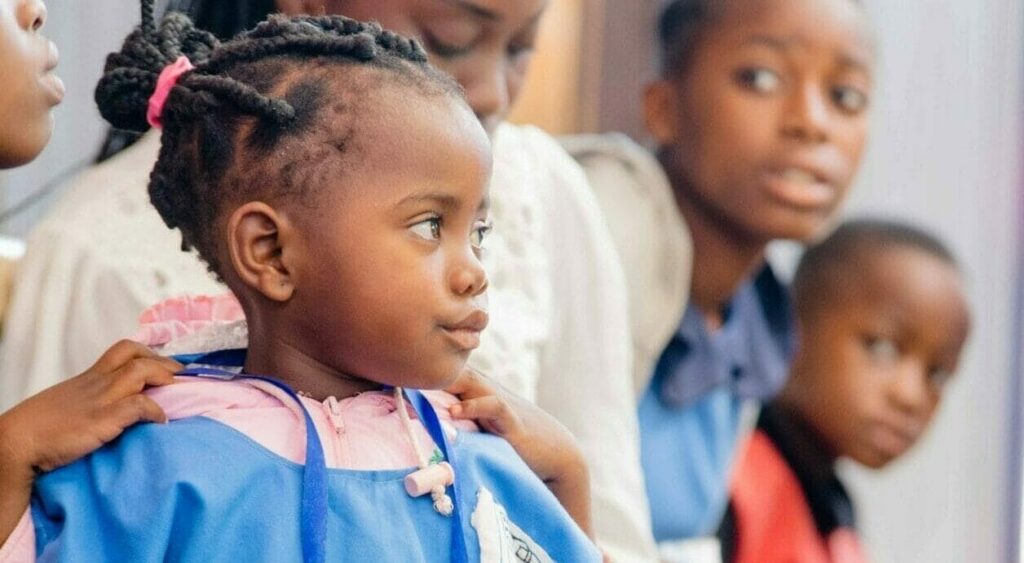
Fighting pediatric HIV
The Initiative is actively dedicated to the fight against
pediatric HIV, which today affects 2.7 million children and adolescents worldwide. Its commitment aims to increase access to testing for children and adolescents, to support them in their lives with the disease and to promote their access to antiretroviral drugs.
Promoting community know-how
Promoting community know-how means training community health workers locally in actions traditionally assigned to doctors and nurses.
People furthest from prevention and diagnosis thus have more direct access to screening, prevention and treatment services. In the MENA region (Middle East and North Africa), the Initiative supported the FORSS program (Train, monitor, support: community mobilization to fight HIV in the MENA region) to set up a community observatory in each country in the region. The education pair, education in prevention by peers, is also an effective community solution to HIV, supported by the Initiative for example via the Mauritanian NGO SOS Pairs Educateurs.
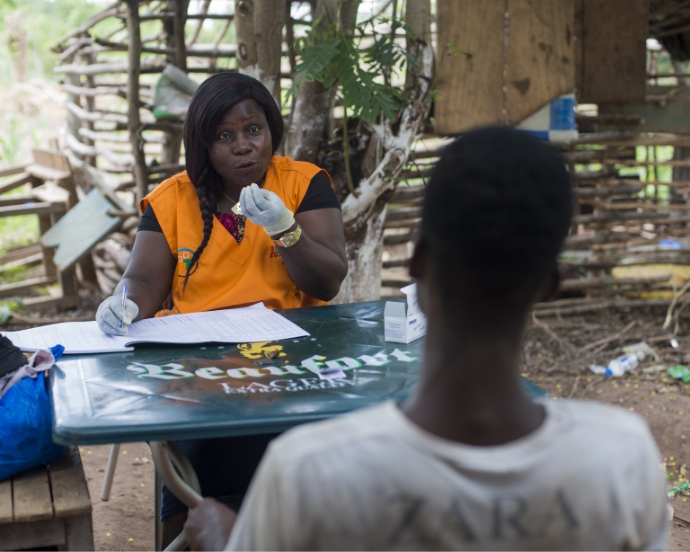
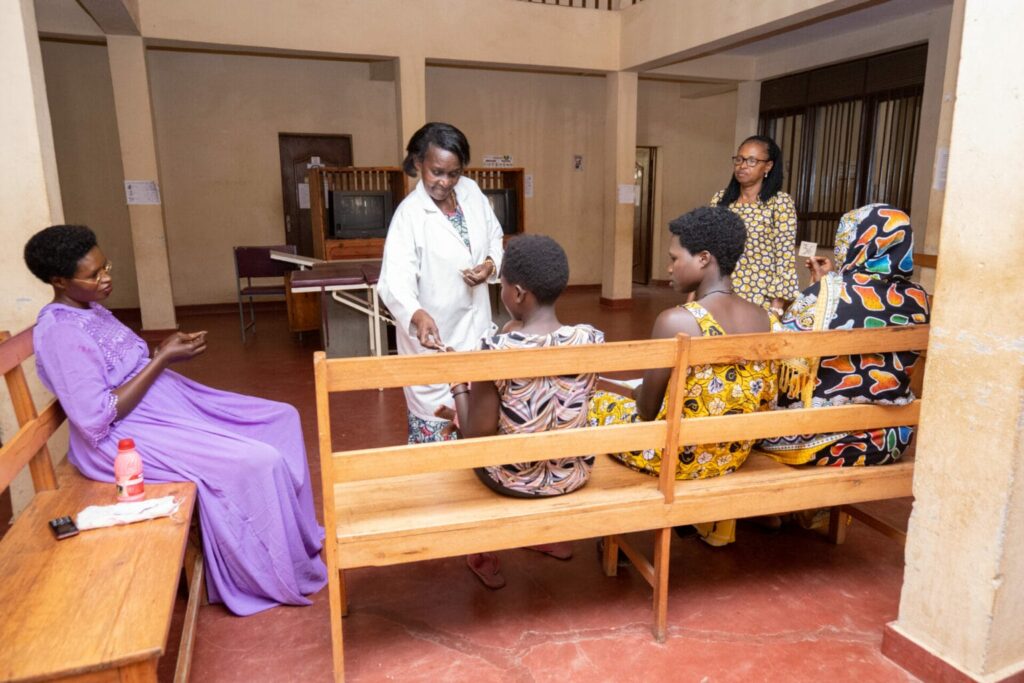
Integrating risks related to co-infections
HIV-positive people are at high risk of contracting HIV co-infections. Each co-infection requires specific management. Thus,
women living with HIV are much more likely to develop cancer associated with human papillomavirus (HPV). In 2022, L’Initiative dedicated its call for operational research projects to HIV-HPV co-infection and associated cancers.
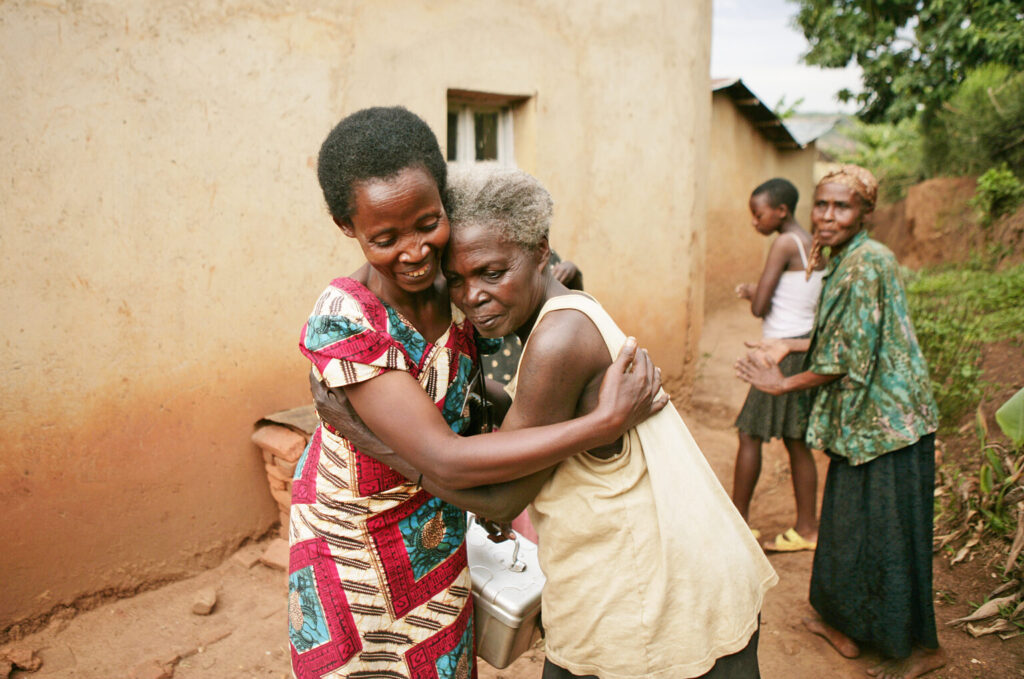
Improving the well-being of people living with HIV
People living with HIV often face discrimination and social isolation, particularly when they belong to marginalized populations: transgender people, homosexual people, drug users, etc.
The Initiative supports advocacy actions to support these communities that are more vulnerable to the risk of infection. The Initiative also supports projects aimed at improving the quality of life of people living with HIV, such as the
VIHeillir project , which supports the aging of HIV-positive people by taking into account the social and economic factors that affect them on a daily basis.
Addressing HIV in three different national contexts
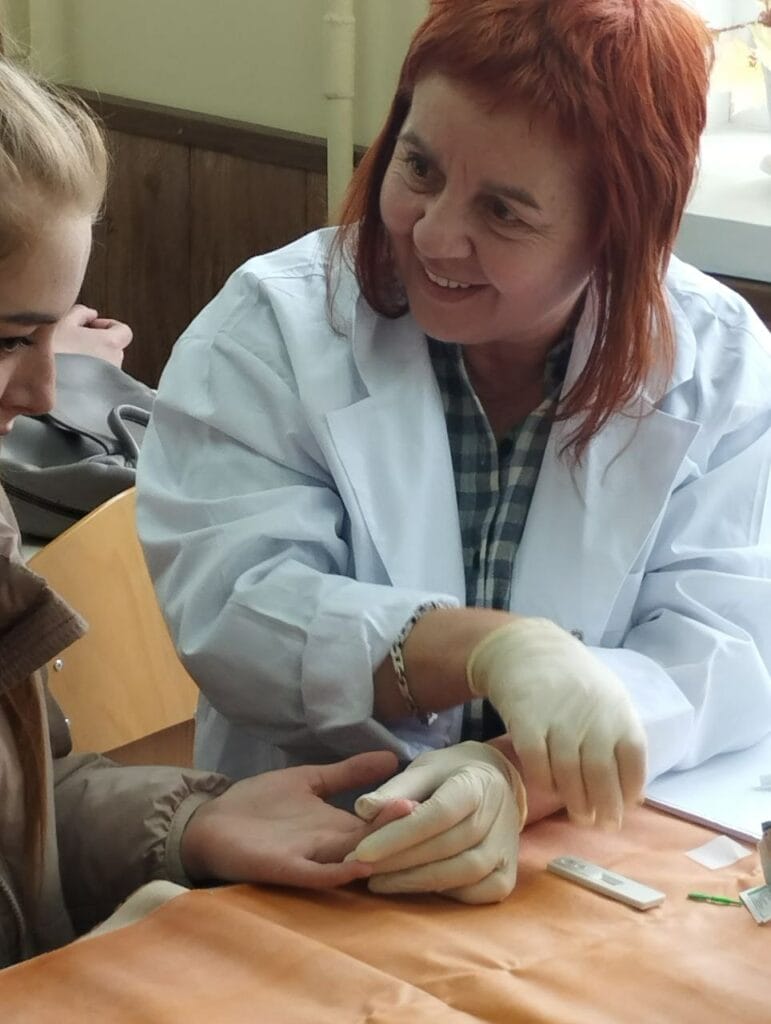
Combating HIV among drug users in Ukraine
The NGO AIDS Foundation East-West (AFEW), led by Elena Voskresenskaya, is working to increase access to HIV care for vulnerable populations. In the context of the war, the NGO’s care offering had to be adapted , for example by moving some of its activities online, with the help of The Initiative and the Global Fund.

Improving HIV prevention and testing in Thailand
The NAPNEUNG-2 project led by Gonzague Jourdain, an epidemiologist at Chiang Mai University, aims to improve HIV screening and deploy PrEP in six sites in northern Thailand. Online appointments, self-tests, double tests… a set of techniques has been implemented to address HIV issues in the context of the coronavirus pandemic.

